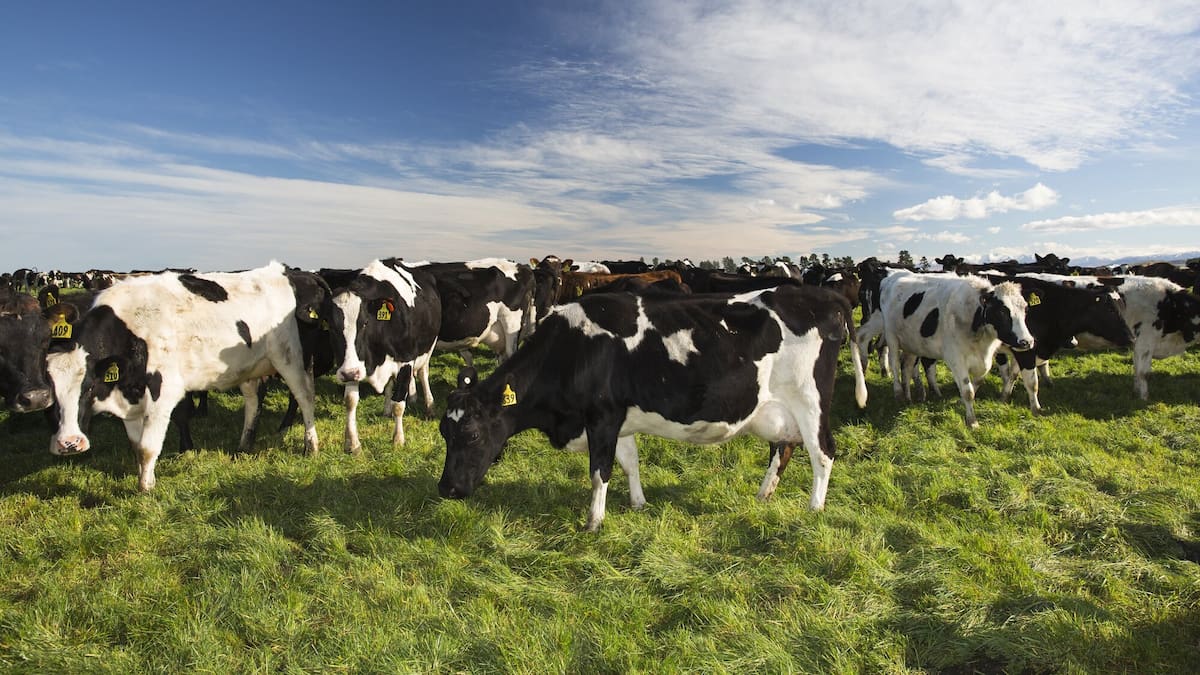New Zealand's Gene Technology Bill: Export Concerns Grow as Legislation Faces Overhaul

New Zealand's agricultural sector, a cornerstone of the nation's economy, is facing a potential shift with the impending overhaul of the Gene Technology Bill. While proponents highlight the promise of gene-edited crops offering enhanced nutritional value and contributing to reduced agricultural emissions, a significant chorus of concern is rising from some of New Zealand's largest exporters. This growing unease centers around the potential for overly restrictive regulations to hinder international trade and damage the country's reputation as a reliable supplier of high-quality agricultural products.
Currently, New Zealand's genetic modification laws are among the strictest in the world. The current bill seeks to update these laws, but the specific details of the proposed changes are causing anxiety within the export community. The fear is that the revised legislation could create a regulatory environment that is significantly more burdensome than that of key trading partners, such as Australia, the United States, and Canada. This disparity could put New Zealand exporters at a competitive disadvantage, making it more difficult to access lucrative overseas markets.
The primary worry revolves around the potential for increased bureaucratic hurdles, lengthy approval processes, and stringent labeling requirements for gene-edited products. These factors could dramatically increase the cost of production and delay the introduction of innovative agricultural technologies. Furthermore, the potential for public perception issues, fueled by restrictive labeling, could negatively impact consumer confidence in New Zealand produce, even if the products are safe and scientifically proven.
Impact on Key Exports: The concerns aren't abstract. Sectors like dairy, horticulture (particularly kiwifruit and apples), and arable crops are all potentially affected. For example, gene editing could offer solutions to disease resistance in kiwifruit, improving yields and reducing the need for pesticides. Similarly, in dairy, gene editing could be used to enhance milk composition and improve animal health. Restricting these advancements could cripple the ability of New Zealand's exporters to remain competitive in a global market increasingly focused on efficiency and sustainability.
Finding a Balance: The challenge lies in finding a balance between fostering innovation in agricultural technology and safeguarding New Zealand's reputation for producing clean, safe, and high-quality food. While public concerns about genetic modification are understandable, it's crucial that the legislation doesn't stifle innovation and harm the export sector. Many exporters are urging the government to adopt a risk-based regulatory approach, similar to that used in other countries, which would allow for the safe and responsible application of gene editing technologies while minimizing unnecessary bureaucratic burdens.
The Future of New Zealand Agriculture: The outcome of the Gene Technology Bill debate will have far-reaching implications for the future of New Zealand agriculture. A well-considered and internationally-aligned regulatory framework is essential to ensure that New Zealand exporters can continue to thrive in a rapidly evolving global marketplace. Failure to do so could jeopardize the livelihoods of farmers, the prosperity of rural communities, and the nation's overall economic well-being. The government must listen carefully to the concerns of the export sector and strive to create a regulatory environment that supports innovation while maintaining public trust.






